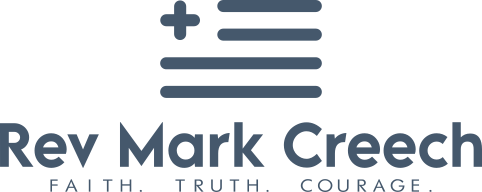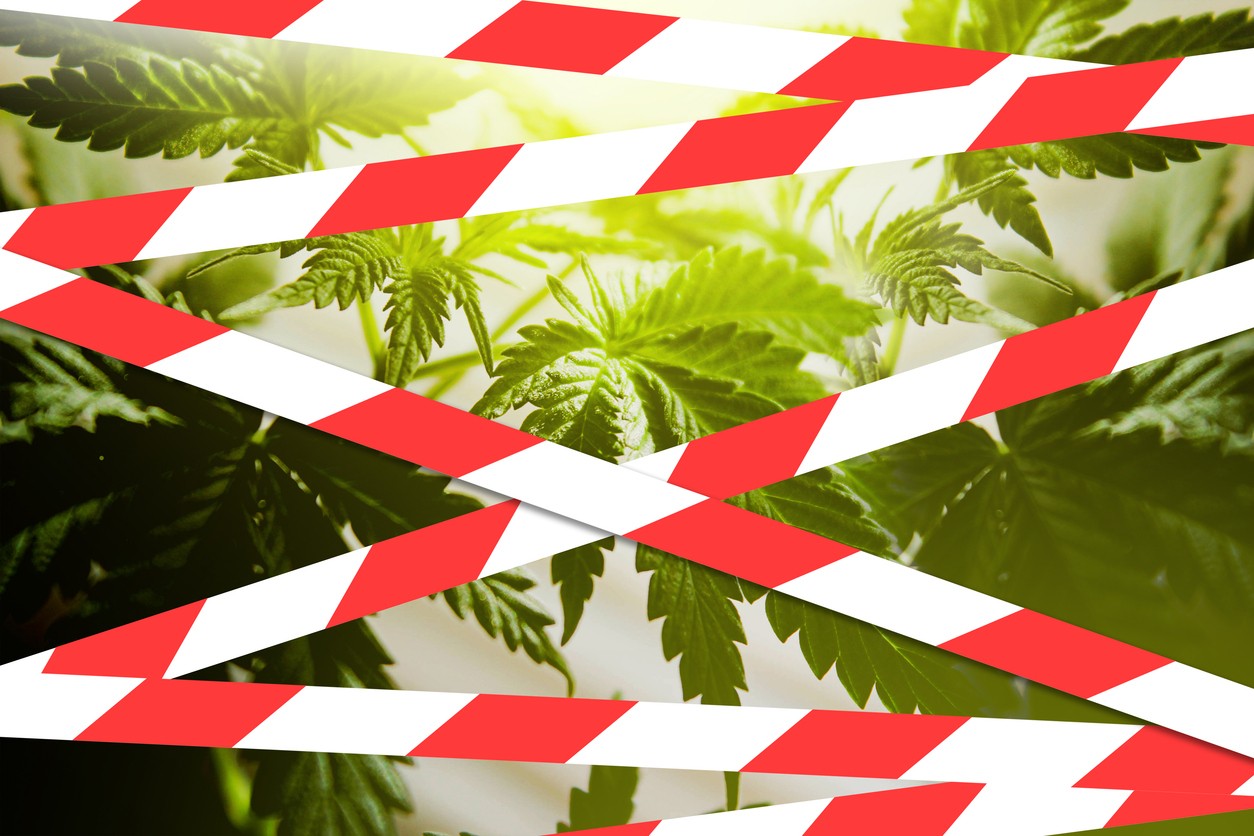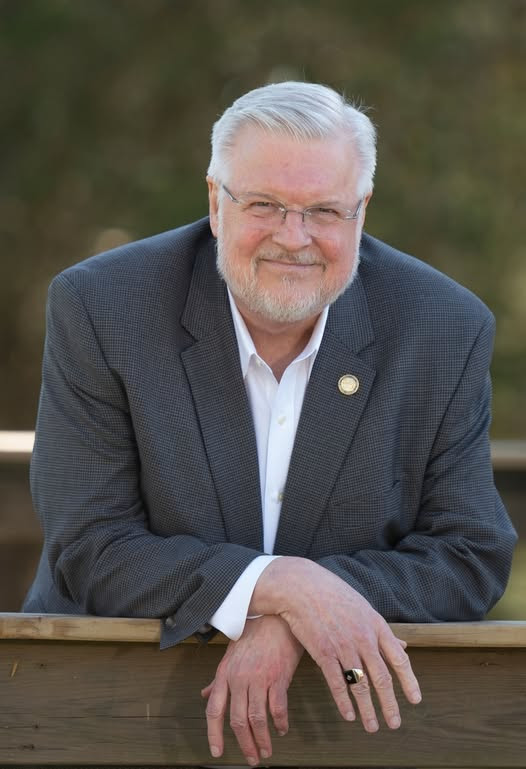Dr. Mark H. Creech
Return America
RevMarkCreech.org
In 2018, Congress passed the federal Farm Bill, which legalized hemp nationwide as long as it contained no more than 0.3 percent Delta-9 THC, the main psychoactive compound in marijuana. But that narrow definition left a major loophole. Chemists soon discovered that they could extract or chemically convert other cannabinoids -such as Delta-8 THC and Delta-10 THC – from legal hemp and sell them in gummies, vapes, and drinks that can still produce an intoxicating high. Because these products technically complied with federal law, they flooded the market with little testing, labeling, or age restriction.
The result has been a host of unregulated cannabis products, widely available in convenience stores and vape shops, and often packaged in ways that appeal to minors. Earlier this year, Governor Josh Stein warned that North Carolina’s hemp market had become dangerously unregulated and created a State Advisory Council on Cannabis to recommend stronger safeguards.
Thus far, members of the North Carolina General Assembly have introduced a series of bills to bring oversight, safety, and order to this growing problem. These measures seek to license businesses, require testing and labeling, restrict youth access, and empower law enforcement – steps intended to treat hemp-derived consumables more like alcohol or tobacco. The following bills represent the state’s most significant legislative efforts to date.
HB 680 – The Protect the Children from Cannabis Act – creates a new system for regulating and licensing businesses that sell hemp-derived consumable products such as Delta-8, CBD, or similar items in North Carolina. It sets up permits through the state’s Alcoholic Beverage Control (ABC) Commission, requires sellers to verify that customers are at least 21 years old, bans sales to minors, and establishes penalties for violations. The bill also outlines how ownership changes, permits, and temporary licenses are handled, sets display and training rules for stores, and gives law enforcement the authority to enforce these laws. Essentially, it treats hemp products more like alcohol or tobacco – strictly regulating who can sell them, how they’re sold, and to whom.
The bill was sent to the House Rules Committee and has never had a hearing.
HB 328 – Regulate Hemp-Derived Consumables – sets strict safety, labeling, and selling rules for hemp-derived products in NC. It caps contaminants (like heavy metals, bacteria, and molds), requires every batch to be tested by an independent lab using HPLC, and forces child-resistant packaging with clear warnings, QR codes, and THC limits (max 10 mg delta-9 per serving/package for liquids, and small limits for vapes). It bans kid-targeted marketing (cartoons, candy look-alikes), blocks sales and use on school property, and requires manufacturers, distributors, and retailers to get yearly licenses from ALE, pay fees, use a “seed-to-sale” tracking system, and accept inspections. Breaking the rules can mean fines, license suspension/revocation, product seizure, and cost recovery for lab testing. It also updates law-enforcement authority and, separately, adds kratom to Schedule VI (illegal to possess/sell under state drug laws). Different parts take effect between late 2025 and July 1, 2026.
The measure has passed the House and Senate, but currently awaits a concurrence vote in the House.
SB 265 – Protecting Our Community Act – Senate Bill 265 sets statewide rules for hemp products (like Delta-8/Delta-9 items) in NC. It makes makers, distributors, and sellers get a yearly license; test every batch at an approved lab; put child-resistant packaging, clear warnings, QR codes, and an expiration date on labels; and follow limits on how much THC can be in each serving (up to 75 mg for solids, 25 mg for liquids, and vape containers capped at 5 mL total cannabinoids). It bans kid-style marketing (cartoons, candy look-alikes), blocks use on school property, and lets ALE do inspections and seize illegal products. Breaking the rules brings fines, possible license suspension or revocation, and product forfeiture. There’s also a “safe harbor” so NC facilities can make products for out-of-state sale that aren’t legal to sell here.
The bill is in the Senate Rules Committee and has never had a hearing.
HB 607 – Regulate Hemp Consumable Products – sets strict safety and selling rules for hemp products in NC. It requires makers, distributors, and stores to get a yearly license, test every batch at an independent lab for THC limits, pesticides, metals, solvents, and germs, and use child-resistant packaging with clear warnings, QR codes, and expiration dates. It bans kid-style marketing (cartoons/candy look-alikes), caps THC per serving (25 mg in solids; 10 mg per serving and 100 mg per package in liquids; vape containers max 3 mL total cannabinoids), and lets ALE inspect businesses, take samples, and seize illegal products. Breaking the rules brings fines, license suspension or revocation, and court costs; there’s also a “safe harbor” so NC facilities can make products for export that aren’t legal to sell in-state.
The bill is currently in the House Rules Committee and has never had a hearing.
SB 535 – Regulate Hemp-Derived Beverages – creates a new category called “hemp-derived beverages” (nonalcoholic drinks with hemp cannabinoids) and puts them under ABC Commission oversight. It makes it illegal to make, sell, transport, or possess these drinks unless allowed by ABC rules, with violations generally a Class 1 misdemeanor. The ABC Commission can set safety/label standards, require testing (paid for by manufacturers), and give sellers 60 days to clear out products if standards change. It also tweaks keg permit language and orders ABC to write the detailed rules. Takes effect July 1, 2025.
The bill was referred to the Senate Rules Committee and has never had a hearing.
SB 328 – Age 21 Hemp-Derived Consumables – makes it illegal in North Carolina for anyone under 21 to buy, have, or use hemp products that can be eaten, drunk, or inhaled (like Delta-8 gummies or vape pens). It also makes it illegal for stores or people to sell or give these products to anyone under 21. Sellers must check IDs if they think a buyer might be underage. Breaking the law would be a Class 2 misdemeanor, and the rule takes effect October 1, 2025.
This measure has passed the House and Senate and is currently in the Senate Rules Committee, awaiting a concurrence vote.
HB 329 – Tobacco and Hemp on Non-public School Grounds – encourages private and religious schools in North Carolina to ban the use of tobacco and hemp-derived products (like vapes or edibles) on school property. It doesn’t force them to do it, but suggests they follow the same guidelines that public schools use for tobacco-free campuses.
This legislation has passed the House and is currently in the Senate Rules Committee, where it awaits action by the Senate.
While opinions differ on hemp’s place in the marketplace, nearly everyone agrees that the current lack of oversight puts consumers, especially young people, at risk. Whether these measures ultimately advance or fail, the conversation is far from over. Until clear rules are established, the state’s hemp trade will remain unregulated and a danger to all North Carolina citizens.
Correction:
In last week’s report, it was stated that Senate Bill 378 – Align Medicaid Eligibility with Federal Law had passed the House and was expected to go to the Governor for consideration. That was incorrect. The bill did pass the House by a vote of 61–47, with mostly party-line support. All Democrats opposed it except two (one was absent and the other in jail), and most Republicans supported it (two not voting and eight excused absences). However, Senate Bill 378 was not sent to the Governor. Instead, it was returned to the Senate, along with three other measures—SB 405 (Healthcare Investment Act), SB 599 (State/Teacher Pay & Local LEO Bonus), and HB 491 (Medicaid Rebase Funding)—after being ruled ineligible for consideration under the adjournment resolution adopted by both chambers. I apologize for the error.


